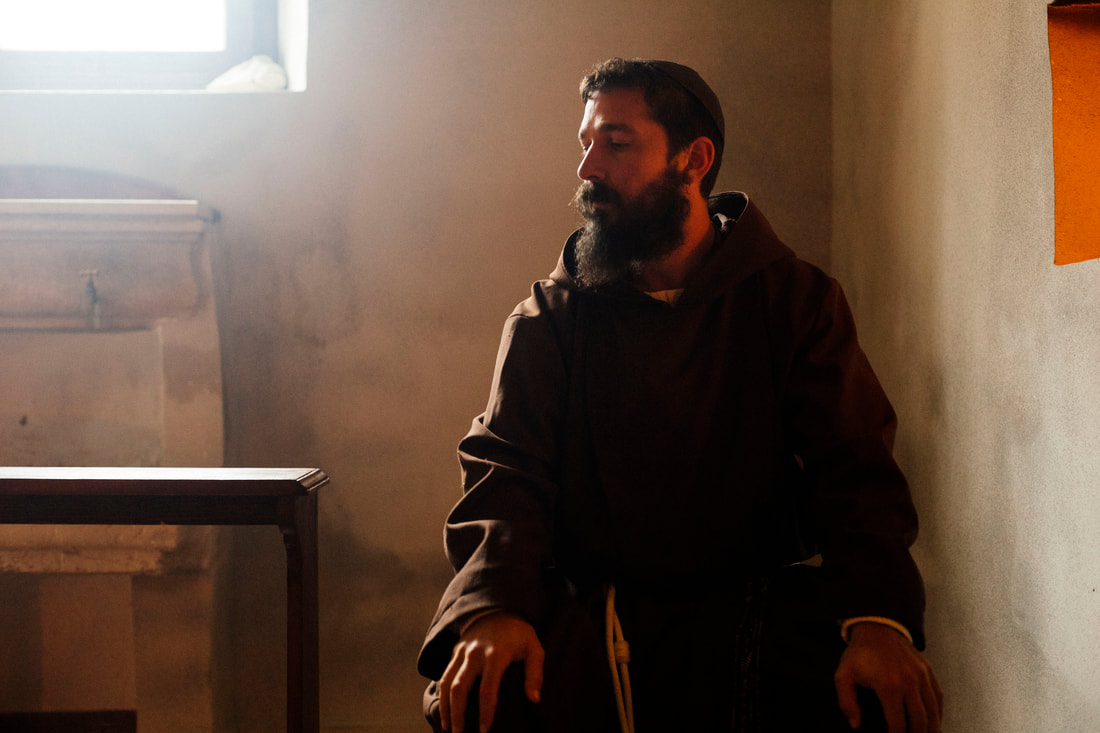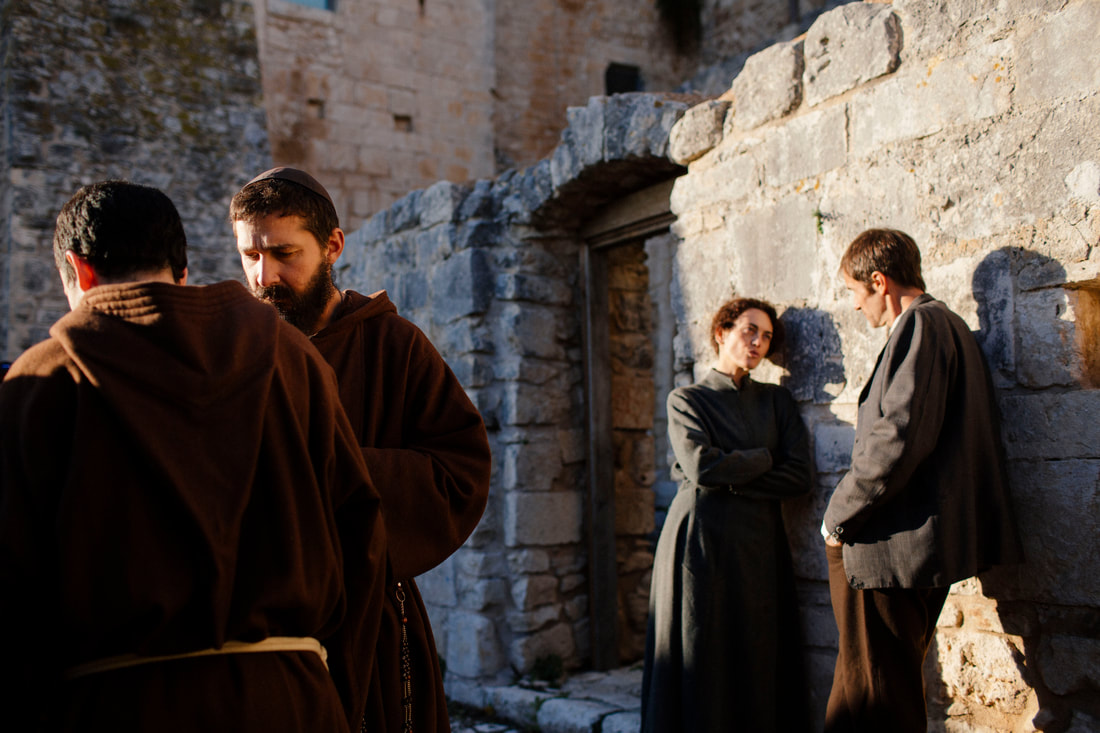|
Review by Sean Boelman
Filmmaker Abel Ferrara is known for making challenging, unorthodox, and ambiguous films, and his latest effort, Padre Pio, is no different. Although it may present itself under the guise of a religious biopic, there are a lot of narrative and stylistic flourishes that make Padre Pio different — for better or worse.
The movie tells the story of priest Padre Pio who, in the first free election in Italy following the end of WWI, attempts to hold the community together while struggling with his own personal demons. It’s an introspective film — and is far from preachy — but it’s absolutely frustrating nonetheless. As anyone who is familiar with Ferrara’s work would know, this is anything but a traditional biopic. One would normally see the premise of a movie like this and think that it will be some sort of veneration of its subject. Ferrara’s approach is much more critical and willing to engage with his flaws — even if it does seemingly go very liberal with the facts. The movie also stands out within the genre of religion-focused dramas in that it is very critical of religion. This approach makes total sense considering the fact that Ferrara was raised Catholic and converted in his adulthood. That being said, there are several points at which it feels like the film bites off far more than it can chew.
Shia LaBeouf gives a performance in the movie that reeks of desperation. Of course, many people know about LaBeouf’s less-than-squeaky-clean past, which led him to become a controversial figure in Hollywood. It’s clear that LaBeouf connects with the character on an intense level, but his performance almost feels like that of a method actor who takes things too far.
The one thing that the film undeniably has working in its favor is an absolutely stunning aesthetic. The cinematography is stunning, working together with the production design perfectly to transport the viewer back to post-WWI Italy. One almost wishes they had done more with the use of juxtaposition, but it's generally aesthetically-pleasing. However, the movie is absolutely punishing when it comes to its exploration of trauma. The film wants its characters to suffer, and as a result, the audience suffers alongside them. Even with a runtime of about an hour and forty-five minutes, the film is difficult to get through — and not in a way that is particularly rewarding. Padre Pio is certainly an unorthodox movie, and while there are plenty of reasons to recommend it, it’s off-putting enough that it would be understandable to avoid it. It seems likely that the only people who will see this will be fans of Abel Ferrara’s work, and those are the people most likely to admire it. Padre Pio hits VOD on June 2. Rating: 3/5
0 Comments
Leave a Reply. |
Archives
July 2024
Authors
All
|
|
|
disappointment media
Dedicated to unique and diverse perspectives on cinema! |


